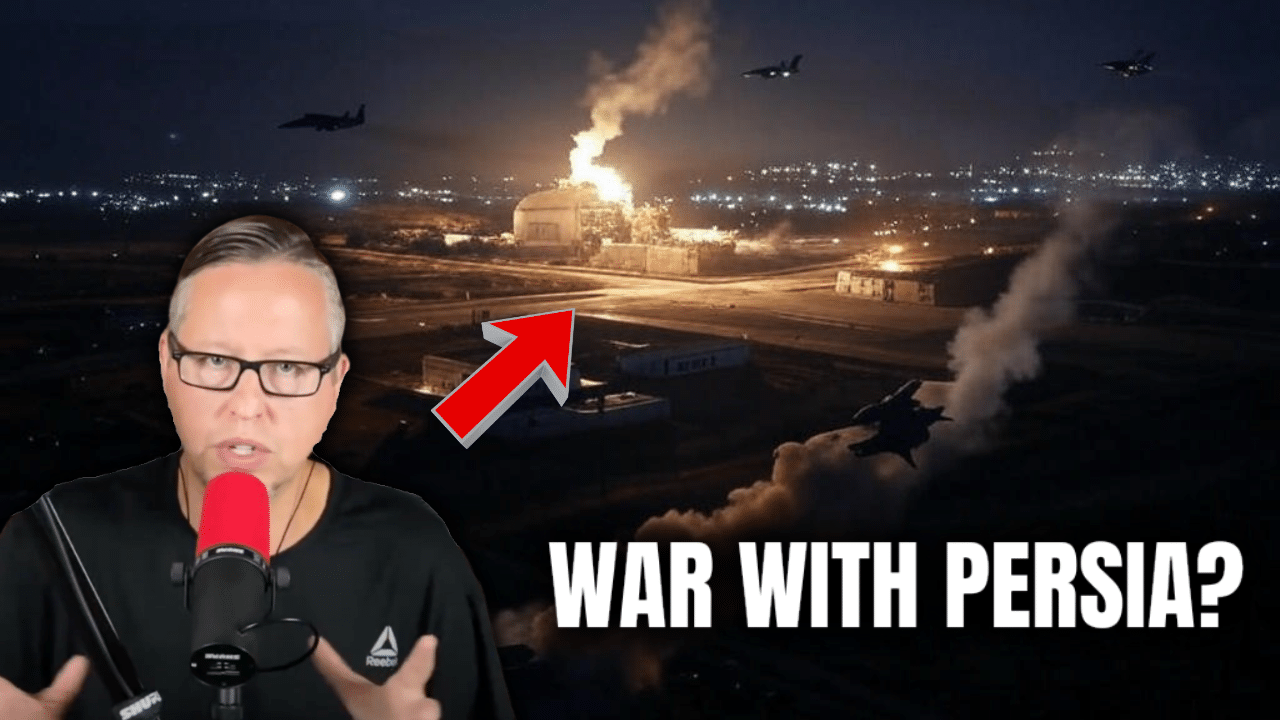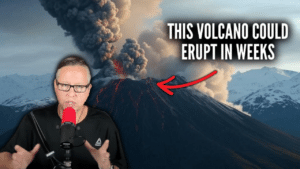Russian President Vladimir Putin on Friday once again drew international attention when he warned that if even one missile enters Russian territory, “hundreds” of warheads will respond.
“I assure you, after the early warning system receives a signal of a missile attack, hundreds of our missiles are in the air,” Putin said from a summit in Kyrgyzstan, Russian news outlet RIA reported. “It is impossible to stop them.”
“There will be nothing left of the enemy, because it is impossible to intercept a hundred missiles. This, of course, is a deterrent — a serious deterrent,” he added.
Putin made headlines after he appeared to suggest that he may make changes to Russia’s nuclear deterrence doctrine by employing a first-strike policy, which he referred to as a “disarming strike” — a strategy he said is motivated by the current U.S. deterrence policy. Russia already has this strategy embedded in its nuclear doctrine.
Washington does have a policy that allows it to use a nuclear weapon, not only in retaliation to a nuclear attack but also in response to non-nuclear threats — and so does Moscow, explained Rebekah Koffler, a Russia expert and former Defense Intelligence Agency intelligence officer for Russian Doctrine & Strategy.
“What this was, from the intelligence standpoint, is ‘strategic messaging,'” she said, adding that Putin’s comments signaled that “Russia may use nuclear weapons in Ukraine if the US/NATO continue to provide weapons to Ukraine — especially those that Ukraine can use to strike deep into Russia proper.”
Putin’s comments come just days after three separate drone strikes hit bases hundreds of miles within Russia’s borders — an attack that Moscow blamed squarely on Ukraine. “Based on the existing Russian doctrine, Russia can respond with nuclear strikes, because Engels airbase is the home to nuclear-capable bombers that are considered strategic assets, worthy of defending with nukes,” Koffler explained. (SOURCE)








